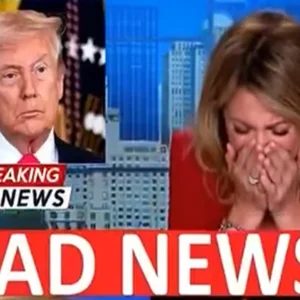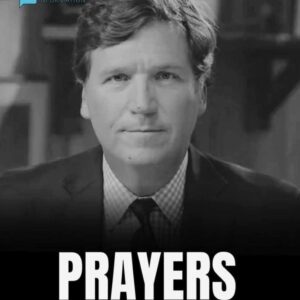Donald Trump, the 47th President of the United States, has taken another significant step during his second term by signing an executive order that aims to consolidate presidential control over agencies traditionally regarded as independent. This move, which experts say could dramatically expand presidential power, marks another departure from longstanding norms of limiting executive overreach.
The executive order mandates that several independent agencies—including the Federal Trade Commission (FTC), the Securities and Exchange Commission (SEC), and the Federal Communications Commission (FCC)—must now submit their draft regulations to the President for review before they can be implemented. Previously, these agencies had operated with a degree of autonomy, authorizing their own regulations without direct presidential oversight. Under the new order, however, they are required to consult with political leaders on setting their priorities and developing strategic plans.
Crucially, the order eliminates any special exceptions that previously allowed these agencies to operate independently. The only exception is the monetary policy functions of the Federal Reserve, which will remain outside the scope of the President’s direct control. Additionally, the order stipulates that all executive branch officials and employees are now subject to direct supervision by the President. The Office of Management and Budget (OMB) will also play a central role by ensuring that federal funds are allocated and spent in accordance with the President’s policy objectives.





